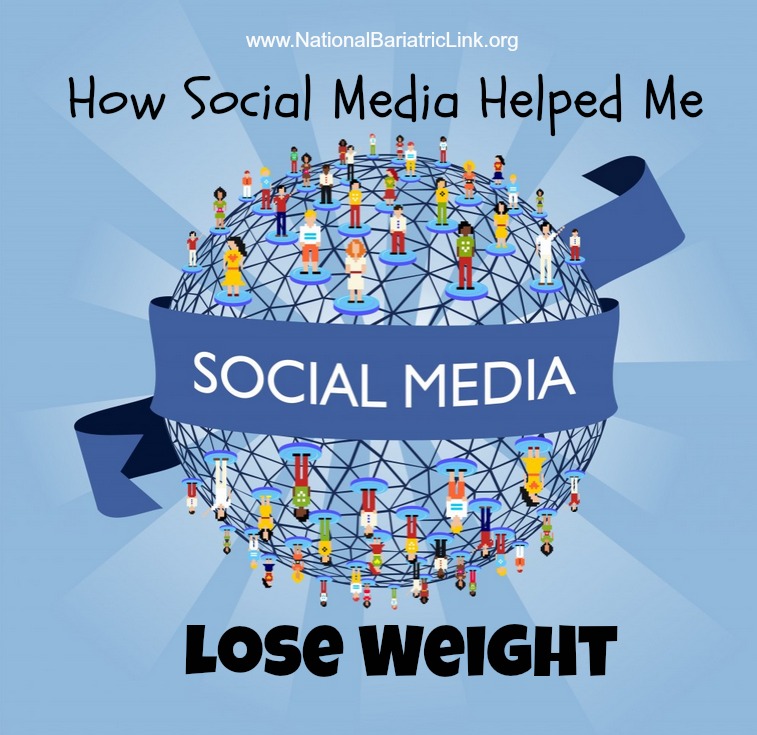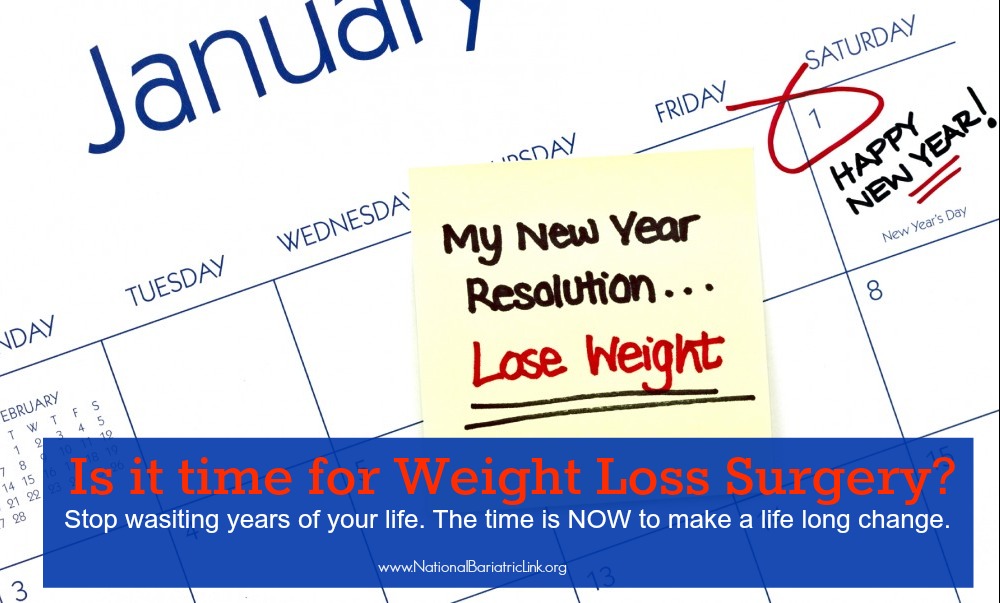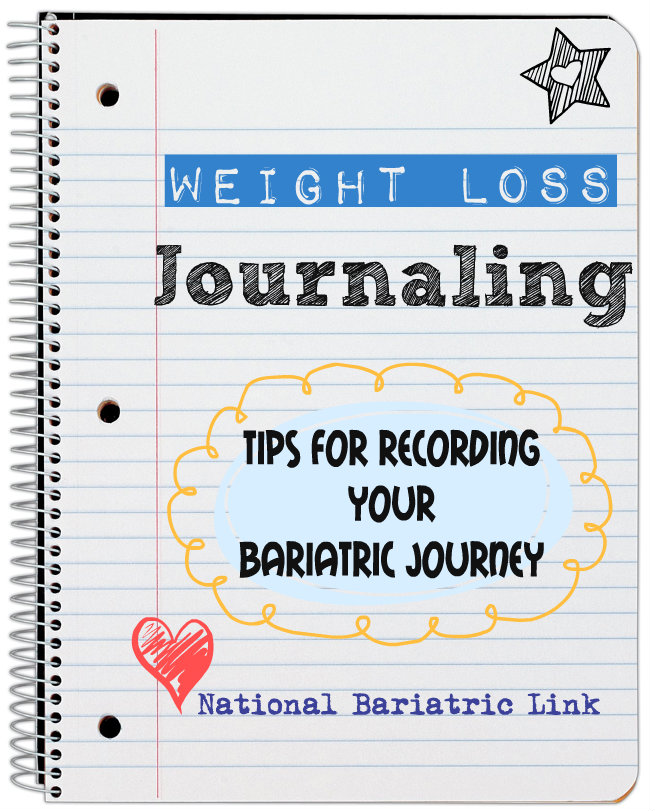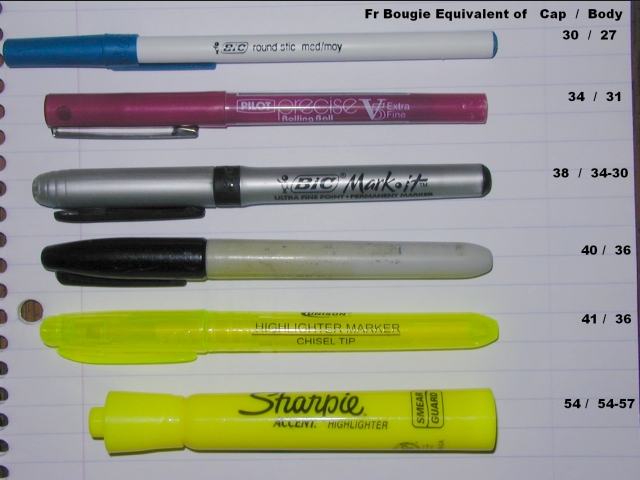When you look and feel great, you just gotta share the news, right? Thanks to today’s technology and the many choices in terms of social media, it is now easier than ever to share the good news about weight loss after Bariatric surgery. In fact, social media can be a great form of support when your schedule won’t allow time to join a group or attend meetings.
Weight Loss Surgery Success and Twitter
Twitter is one of the more popular choices for those who tweet after weight loss surgery, motivating others with inspiring stories, quotes and personal milestone updates. If you are considering weight loss surgery as an option or if you have already undergone Bariatric surgery, here are the top tweeters that we recommend you follow for inspiration and motivation as well as tips, tricks and recipes.
Weight Loss Surgery Success Stories to Share and Follow
Log into your Twitter account and follow these fascinating weight loss surgery success stories! When you surround yourself with success, you will be successful! Here are some of our personal favorites, some of which have gone on to become authors and others who have found ways to achieve greatness in their personal lives.
 FatDoesn’t DefineMe – A great act to follow, this Bariatric candidate from Orlando, Florida decided to have Vertical Sleeve Gastrectomy Surgery on September 19, 2014, and has already lost 150 pounds in approximately eight months.
FatDoesn’t DefineMe – A great act to follow, this Bariatric candidate from Orlando, Florida decided to have Vertical Sleeve Gastrectomy Surgery on September 19, 2014, and has already lost 150 pounds in approximately eight months.
In following her on Twitter, you can easily see that this vivacious and vibrant gal’s weight loss surgery was a life-changing success and she says it’s the best decision she ever made! Enjoy her motivational tweets, videos and before & after photos! Congrats, Stefaeni! #stefaeni2600 #FatDoesn’t DefineMe
Cindy Virden – Describing herself as a leader and mentor to others, Cindy happily shares her weight loss surgery success story with her Twitter followers and promotes a healthier lifestyle.
With a loss of 91 pounds and 59 inches thus far, thanks to the Bariatric surgery called Vertical Sleeve Gastrectomy and healthier food choices, this gal is certainly one to follow for motivation and inspiration! Great job, Cindy! #cindyvirden
Ali Porto – Weight loss surgery is no easy fix, as Ali will tell you. Having lost 60 pounds after having LapBand Bariatric surgery, her goal weight is drawing closer and closer but she still “has a long road ahead”.
Using hashtags such as #livinglonger and #livinghealthier, weight loss surgery has Ali looking toward the future and taking control of her health. Keep up the great work, Ali! #TicaFox
Karen Gillman – A long term weight loss surgery success story, Karen had LapBand Bariatric surgery in 2004 and has written a book titled ‘It’s Never too Late‘ to share her story with others. Ten plus years and 145 pounds later, this vibrant and beautiful lady motivates and inspires followers on Twitter and other medias.
Be sure to follow Karen for great information and motivational tweets! Thanks for sharing your weight loss surgery success story, Karen! #aftertheband
 Lap Band for Men – Follow him on Twitter for the inside scoop describing both good and bad experiences associated with Lap Band Bariatric surgery, told from a man’s perspective. A Christian, author, entrepreneur, blogger, nutrition & fitness expert, he also has a blog to motivate and support others who battle with weight loss.
Lap Band for Men – Follow him on Twitter for the inside scoop describing both good and bad experiences associated with Lap Band Bariatric surgery, told from a man’s perspective. A Christian, author, entrepreneur, blogger, nutrition & fitness expert, he also has a blog to motivate and support others who battle with weight loss.
His story began at 361 pounds and is striving for a goal weight of 235 pounds, a weight loss surgery success story that’s inspiring! #LapBand4Men
Utilize Social Media to Fuel Your Weight Loss Surgery Success
Whether you are a stay at home mom or the CEO of a large company, your weight loss surgery success story can help motivate and inspire others who struggle with their weight. Surround yourself with support before, during and after Bariatric surgery using social media, and help is never farther than your cell phone, tablet or laptop.












 urnal or a blog, don’t shy away from cameras. Snap those before and afters with pride because you are dedicated to your journey.
urnal or a blog, don’t shy away from cameras. Snap those before and afters with pride because you are dedicated to your journey.